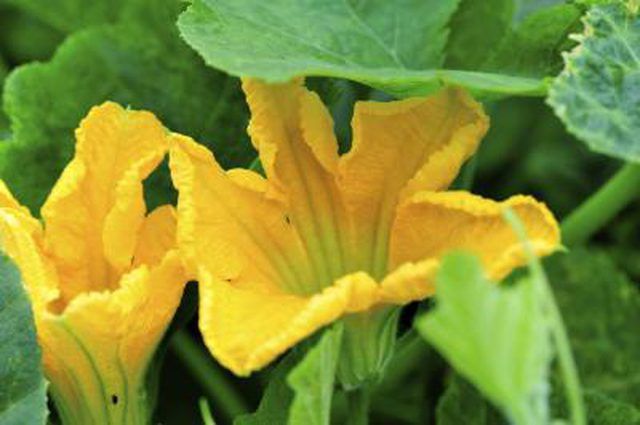Bulbs
Flower Basics
Flower Beds & Specialty Gardens
Flower Garden
Garden Furniture
Garden Gnomes
Garden Seeds
Garden Sheds
Garden Statues
Garden Tools & Supplies
Gardening Basics
Green & Organic
Groundcovers & Vines
Growing Annuals
Growing Basil
Growing Beans
Growing Berries
Growing Blueberries
Growing Cactus
Growing Corn
Growing Cotton
Growing Edibles
Growing Flowers
Growing Garlic
Growing Grapes
Growing Grass
Growing Herbs
Growing Jasmine
Growing Mint
Growing Mushrooms
Orchids
Growing Peanuts
Growing Perennials
Growing Plants
Growing Rosemary
Growing Roses
Growing Strawberries
Growing Sunflowers
Growing Thyme
Growing Tomatoes
Growing Tulips
Growing Vegetables
Herb Basics
Herb Garden
Indoor Growing
Landscaping Basics
Landscaping Patios
Landscaping Plants
Landscaping Shrubs
Landscaping Trees
Landscaping Walks & Pathways
Lawn Basics
Lawn Maintenance
Lawn Mowers
Lawn Ornaments
Lawn Planting
Lawn Tools
Outdoor Growing
Overall Landscape Planning
Pests, Weeds & Problems
Plant Basics
Rock Garden
Rose Garden
Shrubs
Soil
Specialty Gardens
Trees
Vegetable Garden
Yard Maintenance
What Are the Main Parts of a Pumpkin Plant?
What Are the Main Parts of a Pumpkin Plant?. From seed germination through the growing season, a pumpkin (Cucurbita spp.) plant develops rapidly, putting out steams, leaves, roots, flowers and finally pumpkins. As annuals, pumpkins complete their life cycle in one growing season. All this rapid growth, from 1/2-inch-long seed to 15-foot sprawling...

From seed germination through the growing season, a pumpkin (Cucurbita spp.) plant develops rapidly, putting out steams, leaves, roots, flowers and finally pumpkins. As annuals, pumpkins complete their life cycle in one growing season. All this rapid growth, from 1/2-inch-long seed to 15-foot sprawling vine, requires sun, space and warm weather.
Plant Seeds in Warm Soil
You can plant pumpkin seeds directly in the garden in late spring, as soon as the soil warms up to at least 60 degrees Fahrenheit. Pumpkin seeds like warm soil, up to 105 F. In soil below 60 F, the seeds may develop mold and rot before they can germinate. Pumpkin seeds usually take five to 10 days to germinate. The roots and two small seed leaves develop first, followed by continued root growth and true leaves.
Give Sprawling Pumpkins Space
Pumpkin vines sprawl aggressively, making them a smart choice if you have plenty of space, but a challenge in a small garden. A single pumpkin plant can spread 15 feet wide as the vining stems grow, so space plants 5 feet apart so they have room to grow. Each stem supports large, rough, dark green leaves. Pumpkin stems and leaves have coarse hairs covering them and feel prickly to the touch.
Weed Carefully Around Shallow Roots
During the growing season, keep the pumpkin patch weed-free to cut down on competition and make sure your crop is getting the space and nutrients it needs. Weed carefully by hand. Pumpkin plants have shallow roots that are easily damaged by deep digging. Mulch helps keep the soil moist around the roots and helps keep the weeds under control. Use compost or seed-free straw spread 3 to 4 inches deep over the garden bed.
Protect the Fruit for Harvest
As the summer progresses, large yellow flowers appear, are pollinated by visiting insects and then produce a pumpkin. The pumpkins grow and develop from late summer through fall. In frost-prone areas, harvest your pumpkins before the first cold snap or you could lose them. Use a knife to cut the stem 1 to 2 inches above the pumpkin.